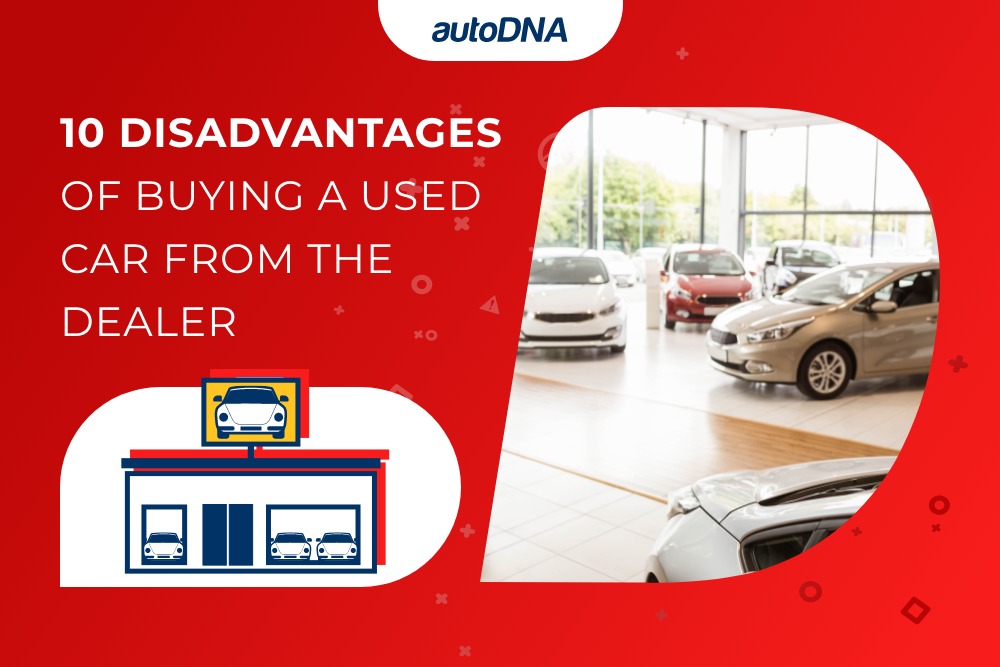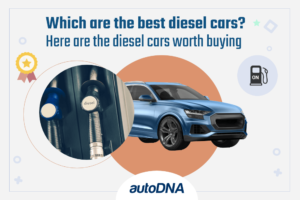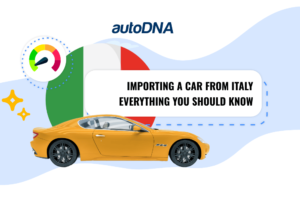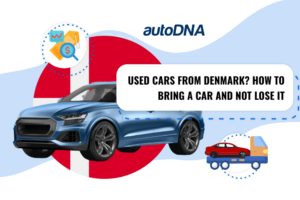
10 disadvantages of buying a used car from the dealer
Table of Contents
Table of Contents
Buying a used car is often seen as a cost-effective alternative to purchasing a new vehicle. However, when buying from a used car dealership, there are several disadvantages that potential buyers should be aware of. Understanding these challenges can help you make a more informed decision and avoid potential pitfalls.
1. Higher prices compared to private sellers
One of the most obvious disadvantages is the price. Dealers typically mark up the cost of used cars to cover their overhead, including showroom maintenance, staff salaries, and advertising. These operational costs often result in significant price inflation. Additionally, dealers factor in their profit margins, which can further elevate the cost. While the added price may provide certain benefits, such as warranties or detailed inspections, many buyers feel disheartened when they realize they could purchase the same model for a lower price through a private seller. This discrepancy in pricing often raises questions about value for money.
2. Limited negotiation room
Negotiating a better deal at a dealership can be challenging.
While private sellers may be more flexible on price, dealerships often have less room to negotiate due to their structured pricing strategies.
These strategies are heavily influenced by fixed costs, such as maintaining a showroom, employing staff, and adhering to manufacturer agreements. Additionally, dealerships analyze market trends and set prices to remain competitive within their region, leaving limited wiggle room for individual negotiations. Sales targets also play a role—dealerships are often more focused on meeting monthly or quarterly quotas than accommodating buyer demands for price reductions. This rigidity can be frustrating for buyers who are looking to secure a bargain or feel empowered during the purchasing process.
3. Hidden costs and fees
Buying from a dealer often comes with additional costs that aren’t immediately obvious. These hidden expenses can significantly increase the total cost of the car, making what initially seemed like a good deal much less appealing. Some of the most common hidden costs include:
- Documentation fees: These fees cover the paperwork involved in transferring ownership and registering the vehicle. While they may seem small, they can range from a few hundred to several thousand dollars, depending on the dealership and location.
- Dealership preparation fees: Also known as prep fees, these charges are meant to cover the cost of cleaning and preparing the vehicle for sale. However, many buyers feel these fees are unnecessary, as such preparations are typically standard practice.
- Extended warranty offers: Dealerships often upsell extended warranties, claiming they provide peace of mind. While extended warranties can be beneficial, they are not always necessary and can add a substantial amount to the purchase price.
- Financing charges: When financing through the dealership, buyers may encounter higher interest rates, additional fees, or terms that are less favorable than those offered by banks or credit unions. These charges can significantly inflate the overall cost of the loan.
- Additional add-ons: Many dealerships offer optional extras like rustproofing, fabric protection, or window tinting. While these add-ons may enhance the vehicle, they are often overpriced and not essential for most buyers.
4. Pressure to upsell
Dealerships frequently push additional products and services, such as:
- Extended warranties
- Service packages
- Insurance add-ons
This upselling can create unnecessary pressure and lead to higher spending on extras you may not need.
5. Potential manipulation of vehicle history
While reputable dealerships provide accurate vehicle history reports, some may attempt to hide or downplay past issues. This could include:
- Accidents or damage
- Odometer rollback
- Flood or salvage history
It’s essential to verify the history independently through reliable services like autoDNA.
6. Limited inventory choices
Dealers often have a specific selection of vehicles based on their partnerships, trade-ins, and sourcing strategies. This can limit your options compared to private sellers or online platforms where you’ll find a broader variety.
7. Overemphasis on financing deals
Dealerships often advertise attractive financing deals, but these may come with strings attached. For example:
- Hidden terms in the financing agreement: Important details may be buried in fine print, leading to unexpected costs that can hinder your ability to save money.
Additionally, while financing options dealerships provide may appear convenient, they can sometimes lack flexibility or carry unfavorable terms. Buyers should take the time to compare these options with external lenders to ensure they are getting the best deal. It’s important to read the fine print and understand the total cost of financing through a dealership before committing.
8. Lack of transparency in inspection reports
The quality of vehicle inspections performed by dealerships is another area of contention. Dealers often advertise their vehicles as being “certified pre-owned” or “thoroughly inspected.” However, the standards for these inspections vary widely, and some issues might be overlooked to expedite sales. Some dealers may focus on processing more cars quickly rather than conducting detailed checks. Bringing an independent mechanic to inspect the car before purchase is a wise precaution that can uncover hidden problems.
9. Risk of lemon vehicles
There’s also the risk of purchasing a lemon—a vehicle with persistent defects that make it unreliable or unsafe. Despite dealership assurances, car buying can sometimes lead to these unfortunate outcomes if buyers are not cautious. Some dealers may try to offload problematic vehicles onto unsuspecting buyers, making it crucial to conduct your own due diligence. This underscores the importance of conducting thorough research, reviewing the vehicle’s history, and arranging an independent inspection.
10. Depersonalized buying experience
Buying from a dealer can feel impersonal compared to dealing with a private seller who might provide more insights about the car’s history and quirks. Dealers often focus on selling as many cars as possible rather than building a personalized connection with buyers.
Tips to mitigate risks when buying from a dealer
Despite these disadvantages, purchasing a used car from a dealer can be a positive experience if you take the right precautions. However, buying from a private seller can also offer unique benefits, such as potentially lower prices and more detailed insights into the car’s history. Here are some tips to ensure a smooth experience when dealing with either option:
- Research the dealer
- Check online reviews and ratings.
- Verify their reputation through trusted platforms.
- Verify the vehicle history
- Use reliable services like autoDNA to check for accidents, mileage discrepancies, and recalls.
- Inspect the car thoroughly
- Bring a trusted mechanic to assess the vehicle.
- Test drive the car in various conditions to evaluate its performance.
- Negotiate wiselyBe prepared to walk away if the asking price or terms don’t meet your expectations. Focus on the total cost, not just the monthly payments. Understanding how the asking price aligns with the car’s value can give you leverage during negotiations. By thoroughly researching market prices, you’ll be in a better position to assess whether the dealership’s offer is fair or inflated.
- Understand the warranty
- Clarify what the warranty covers and for how long.
- Avoid paying for unnecessary extended warranties.
- Read the fine printCarefully review all the paperwork before finalizing your purchase. This includes examining every document to ensure there are no hidden fees, unfavorable terms, or clauses that could lead to unexpected costs. Taking the time to thoroughly read and understand the fine print can save you from potential financial surprises and give you confidence in your decision.
Final thoughts
While buying a used car from a dealer has its advantages, such as access to financing, certified pre-owned programs, and potential warranties, it’s crucial to recognize the possible drawbacks. Issues like higher prices, hidden fees, or limited transparency in vehicle history can complicate the process. However, by researching the car dealer’s reputation, comparing financing options, and thoroughly inspecting the vehicle, you can minimize risks. Remember, knowledge and preparation are your strongest allies in navigating the used car market and ensuring a satisfying experience.
At autoDNA.com, the market-leading VIN decoding tool, you can free VIN lookup on a given vehicle. All you need for this is the VIN number. In the reports, on used cars, you can find information that will allow you to check whether the seller is telling the truth or not. In the report, you can find data on various topics. One of them is the vehicle history or stolen vehicle bases. You can do a VIN check for free 24/7 throughout the year.














